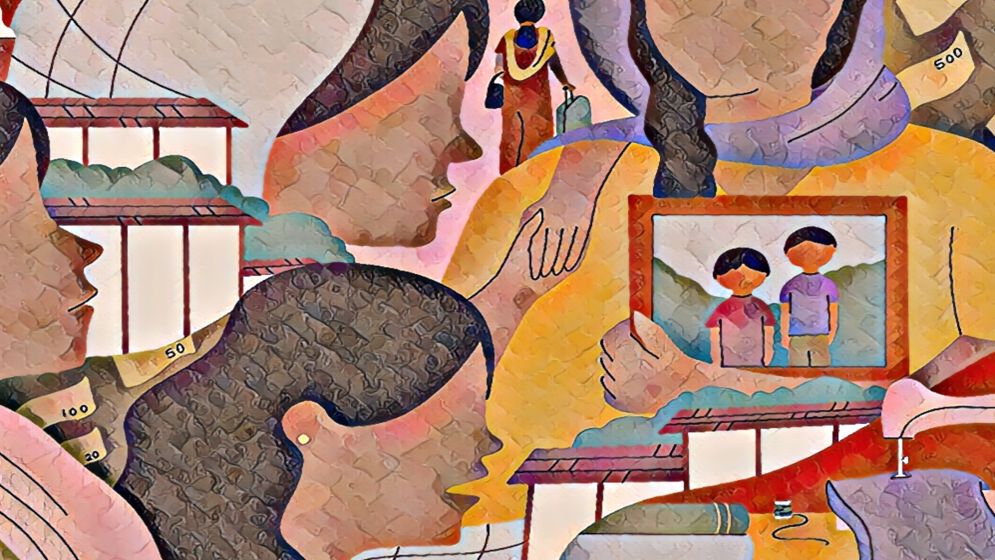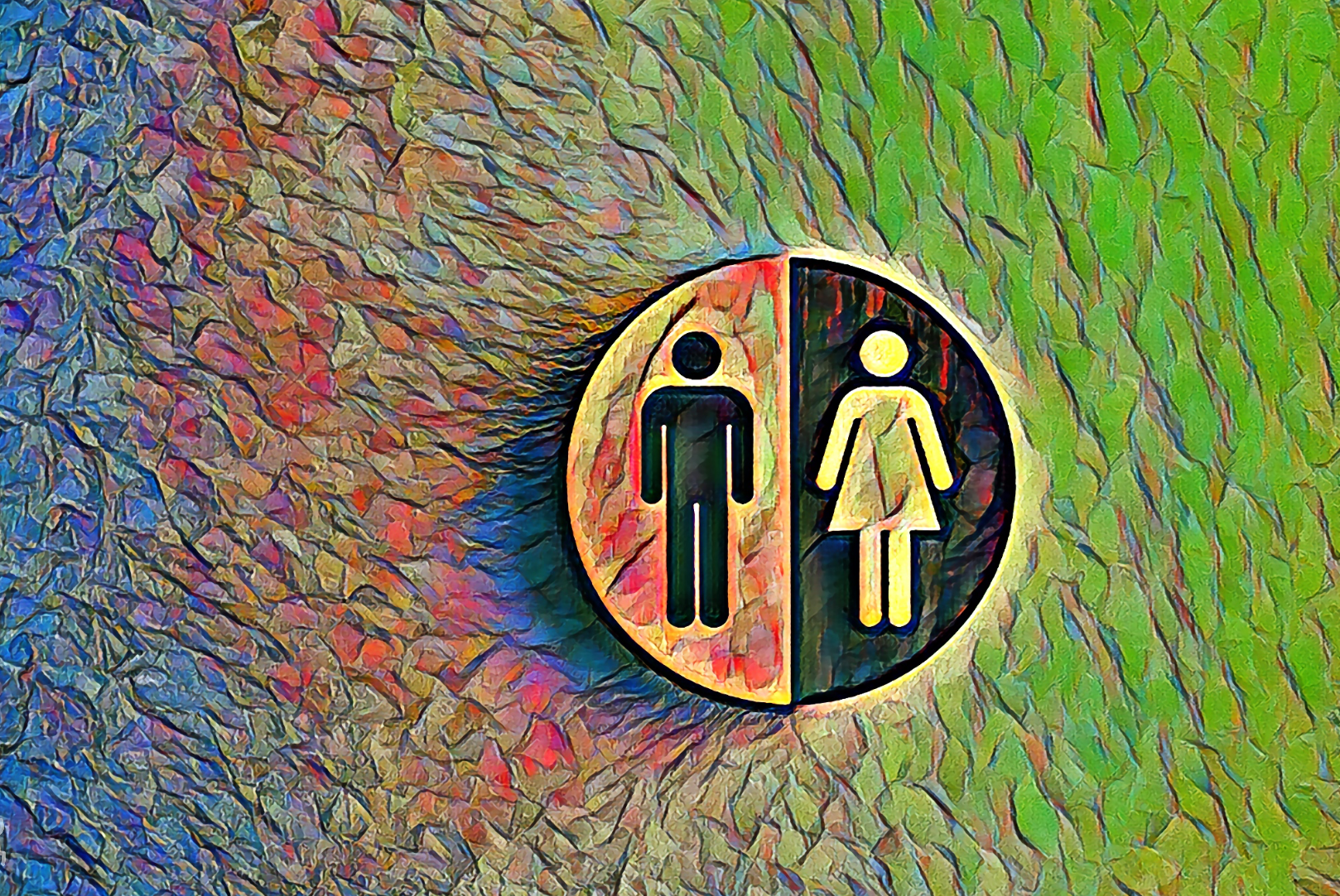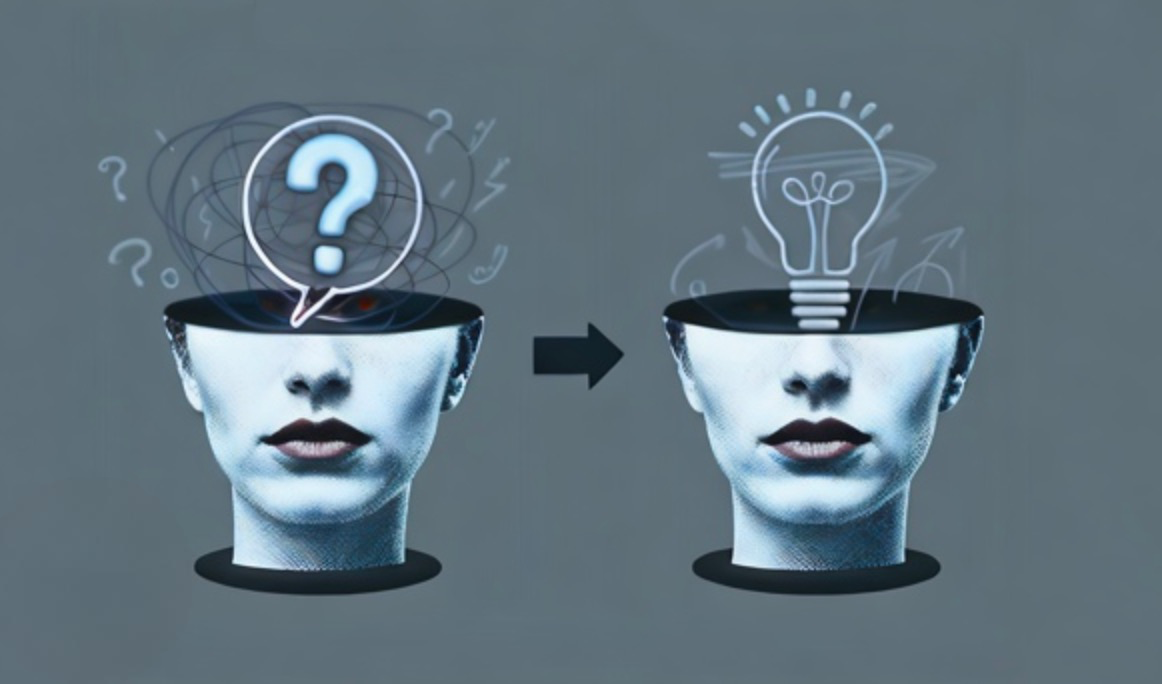Between reform and religion: The middle ground Bangladesh urgently needs for the women issues

On April 19, a report submitted by Bangladesh’s interim government’s Women’s Affairs Reform Commission unleashed a firestorm–one that has exposed a deep and unresolved tension at the heart of the country’s identity: can a Muslim-majority state embrace progressive reform without unraveling its religious foundations?
Among the commission’s most controversial recommendations: equal inheritance rights for women and the legalization of sex work as a profession with labor protections.
In a nation where over 90% of the population identifies as Muslim, and where Islamic jurisprudence remains embedded in both law and culture, the proposals triggered immediate and fierce backlash.
The ultra-conservative group Hefazat-e-Islam responded with a massive protest at Suhrawardy Udyan in Dhaka, threatening to bring the country to a standstill unless the government abandons the proposed reforms and dissolves the commission entirely.
To dismiss this reaction as fringe hysteria would be a mistake. Hefazat represents a significant and organized political force, one that echoes the beliefs of millions who view the Quran and the Sunnah not as guidance but as law.
For these citizens, gender equality in inheritance isn’t simply a matter of rights–it’s a direct contradiction of divine command. The Quran is unambiguous: a daughter inherits half the share of her brother. Proposing otherwise is, to them, nothing less than heresy.
The commission’s second flashpoint–its call to legalize sex work–provokes even deeper outrage. Islam classifies prostitution as a grave sin, punishable under religious law by severe corporal penalties.
The idea of granting labor protections to sex workers is, for many, an affront not just to religious doctrine but to national morality itself.
And then there is the most incendiary proposal of all: recognizing forced sex within marriage as marital rape. While international human rights standards demand that sexual consent be respected regardless of marital status, traditional interpretations of Islam do not acknowledge this concept.
To Hefazat and its supporters, this is not just a legal reform–it is a threat to the very fabric of family life as they understand it.
The commission’s recommendations are undeniably bold. They aim to bring Bangladesh in line with international human rights norms and to correct long-standing gender injustices. But progress, when imposed without consent from society’s moral core, risks provoking instability.
Reform cannot succeed if it is perceived as foreign, imposed, or blasphemous.

Where to go from the crossroads?
Bangladesh now stands at a crossroads. One path leads toward a more egalitarian society, aligned with modern legal and human rights frameworks.
The other clings tightly to tradition, rooted in religious orthodoxy. Reconciling these paths–if such reconciliation is even possible–will require more than legislation.
It will demand an honest national conversation about identity, belief, and the kind of future this country truly wants.
But the commission’s most contentious proposal–recognizing non-consensual sex within marriage as rape–cuts directly against traditional Islamic jurisprudence. In classical interpretations, a wife is expected to submit to her husband's sexual demands.
The Quranic prescription in such cases advises the husband to withdraw from the marital bed until the wife repents for her refusal–casting the notion of mutual consent not just as irrelevant, but as a sin.
By contrast, the commission’s framing of marital rape as a criminal offense stands in direct defiance of this religious worldview.
This is not a minor theological dispute. It is a fundamental clash between modern notions of bodily autonomy and an age-old system that places male authority at the center of marital life.
And yet, rather than tread carefully, the reform commission barged headlong into the heart of this conflict, seemingly blind to the cultural and spiritual terrain they were entering.
The fault, however, does not lie solely with the commission. It lies deeper–with the contradictions baked into the very structure of the Bangladeshi state.
Despite its Muslim-majority population, Bangladesh has never been an Islamic republic in the formal sense. From its birth, it embraced secularism as a constitutional pillar–a Western import meant to guard against religious domination in public life.
Over time, secularism became less an aspiration and more a banner for the urban elite, detached from the lived reality of the rural majority.
This disconnect has metastasized into a crisis. While over 90 percent of Bangladeshis identify as Muslim, the legal and political framework of the state remains resolutely secular.
Successive governments have tiptoed around this ideological tension, attempting to appease both the clerical establishment and Western human rights observers, while reforming little of substance.
The result is a confused polity where Islamic values are preached from the pulpits, but ignored in policymaking.
Even Islamic political parties have failed to channel this discontent. The Bangladeshi electorate, time and again, has voted not for the devout, but for the cynical and corrupt–those who toast with whisky while quoting the Quran on campaign stages.
The so-called believers, it turns out, have opted for power over piety.

Not blaming the Women Commission
In that sense, the Women’s Affairs Reform Commission cannot be blamed for treating Bangladesh as a secular state. They did not invent the contradiction–they merely acted within it.
Their proposals reflect the ideological blueprint of the constitution, not a rebellion against it. The real critique belongs with those who, for decades, have upheld a secular framework in a country that imagines itself Islamic, yet refuses to reconcile these two identities.
Bangladesh must now confront this duality head-on. It cannot remain suspended between mosque and modernity, scripture and statute. The soul of the nation is split–and no amount of bureaucratic caution or political doublespeak will heal it.
Reformers will continue to provoke outrage. Clerics will continue to summon crowds. Until the country chooses who it truly is, every proposal will be seen not as policy, but as provocation.
Yet even as Hefazat-e-Islam galvanized thousands under its banner to oppose the reform commission, it squandered any moral high ground it might have claimed. In its public condemnation, the group resorted to language that was not just incendiary but vile—branding commission members as “prostitutes” and “mentally ill.”
These slurs didn’t merely undermine their argument; they exposed the very kind of intolerance and misogyny that the reform commission, however flawed in approach, sought to challenge.
For a group that claims to speak for the Quran and the Sunnah, such rhetoric is not just unbecoming–it is a betrayal of the very moral discipline they profess to defend. Instead of modeling a dignified resistance rooted in faith, Hefazat revealed itself as a reactionary pressure group, more interested in outrage than in genuine religious discourse.
In doing so, they did Islam no favors. They projected a vision of the religion that is rigid, vindictive, and hostile to dialogue–far removed from the ideals of peace, balance, and justice that lie at Islam’s core.
Both sides, ultimately, are culpable. The Women’s Affairs Reform Commission, for its part, failed to consider the deeply embedded religious sentiments of the society it aims to reform.
Its proposals, though grounded in a secular vision of gender justice, ignored the theological architecture that continues to shape daily life for the vast majority of citizens.
On the other hand, Hefazat’s visceral response–devoid of grace or nuance–only deepened the divide, making compromise all but impossible.
This confrontation is not just about policy. It is a reckoning. If Bangladesh wishes to remain a secular republic, then it must defend reform, not just draft it–boldly, transparently, and with the courage to engage religious communities rather than antagonize them.
But if the nation instead desires to be governed according to Islamic jurisprudence, then it must cease pretending that secularism defines its future.
You cannot serve two masters. You cannot enshrine secularism in your constitution while punishing those who act on it. Nor can you invoke Islam only when it suits political expediency. This is not just a cultural rift–it is a foundational contradiction.
And so, the choice must be made. Either you accept the reform proposals–and with them, the secular ideals on which they stand–or you reject them, and embrace the logic of religious law.
The standoff between the commission and Hefazat is merely the latest chapter in a long, unresolved struggle between two visions of Bangladesh. The question is no longer who is right. The question is: which future do you choose?
—
Muhammad A. Bashed is a Dhaka-based journalist

